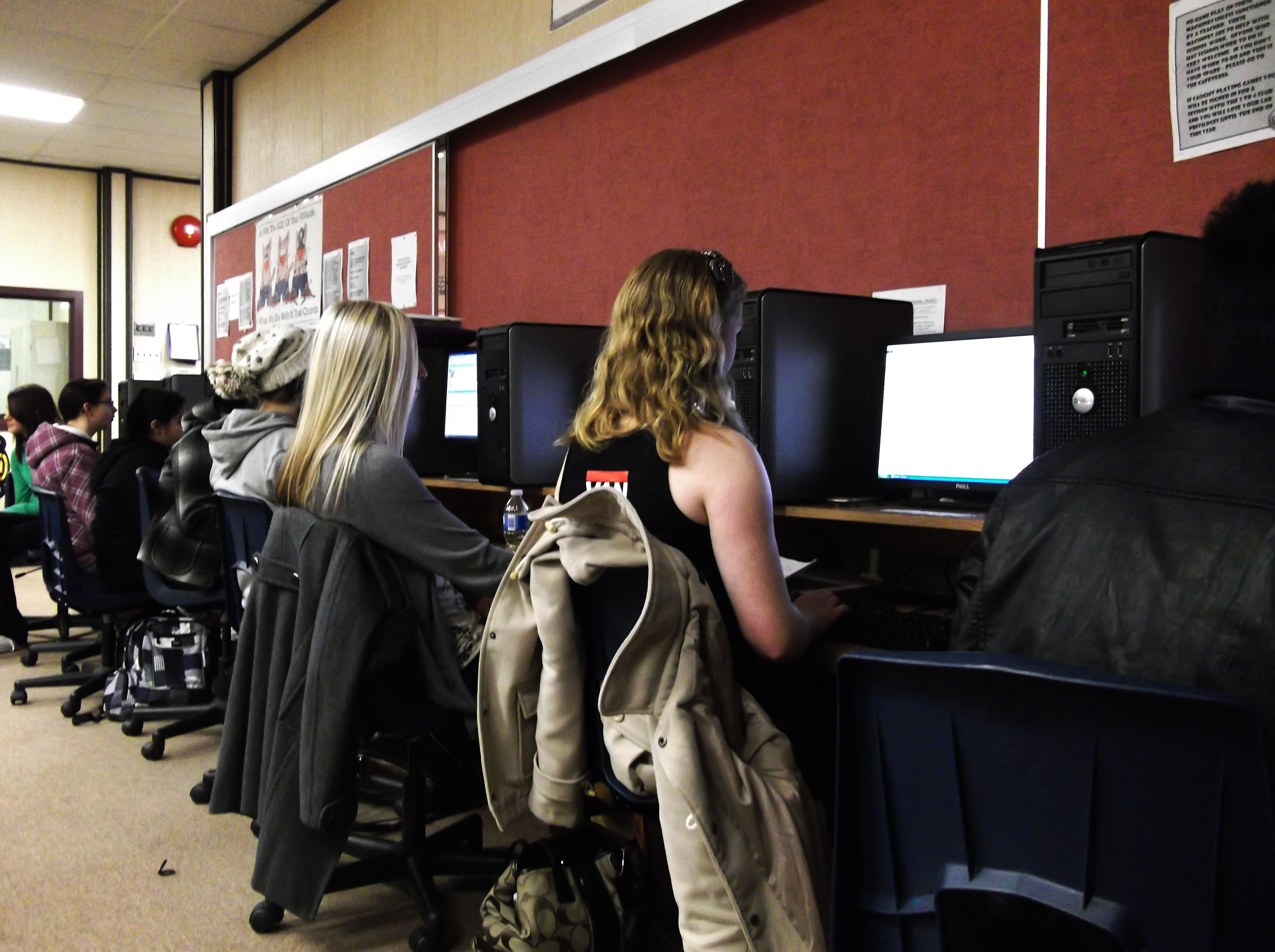E-Safety - Staff Information
Section outline
-
-
Extensive e-safety resources and information, provided by JISC Legal.
Specialist guides for a variety of ICT and ILT topics including student copyright guides, intellectual property and more.
-
Provided by the UK Safer Internet Centre, this helpline is for professionals who work with children in the UK. It is co-ordinated in partnership by: Childnet international, the South West Grid for Learning and the Internet Watch Foundation.It is co-funded by the European Commission.
-
The CEOP (Child Exploitation and Online Protection) Centre website.
-
Online resource providing comprehensive information and advice on a variety of e-safety topics.
-
Provided by the CEOP Centre, this website is aimed at children and young people, with age-appropriate advice, resources and activities, and also sections for teachers, parents and carers.
-
An organisation dedicated to promoting responsible online "digital citizenship", covering e-safety issues and providing resources for educators, parents, carers and young people.
-
How Internet filtering in educational contexts is best handled and integrated to general e-safety policy.
-
Excellent online guidance materials for any non-teaching staff working in FE - including what to look for regarding use of technology, social media and online activity.
-
How should teaching and professional staff working in education handle social media? Useful online guide dealing with frequently asked questions.
-
Comprehensive guide for schools and education providers about the use of social media for extremist purposes.
-
Social Networking PDF offering advice for teaching professionals who use social networks
-
From the Safer Internet Centre, this helpline provides support with all aspects of digital and online issues, offering signposting, advice and mediation.
-
This checklist is designed for teachers and professionals working in education to work through and assess how they would deal with different e-safety issues arising in their personal and professional lives.
-
This Digizen leaflet offers advice for staff who have experienced cyberbullying.
-
Short video clip from the former CEO of Childsnet, explaining why cyberbullying is such a vital issue to be tackled.There are also downloadable PDFs for teachers and educators about cyberbullying, and how to discuss the issue in a classroom environment.
-
Interactive webpage explaining both the benefits and risks to using social media and networks in education.
-
Online resource for teachers and lecturers on how to prepare and run pro-active sessions on e-safety. Links to further information.
-
Activities and resources from the ReadWriteThink website to use with learners.
-
Dealing with Online Discrimination and Cyberbullying
-
From Common Sense Media, this useful and comprehensive guide explains the key issues for teenagers of both genders, and how peer pressure and social media can affect them in differing ways.
-
This insightful factsheet from Cyberbullying.Org has detailed statistics and information about the instances of cyberbullying towards LGBTQI+ teens, and how to resolve the issue in schools and colleges.
-
From the Stop Online Abuse Website, this list of definitions and useful terms can aid understanding of online issues faced by the LGBTQI+ community online, and also how to deal with issues of misogyny and discrimination.
-
Detailed information from the Stop Online Abuse Website about dealing with homophobia and biphobia online - how to challenge derogatory content, why equality matters, case studies and other detailed information.
-
Moving article and thinkpiece about the tragic suicide of a young gay man after experiencing homophobic cyberbullying and image sharing.
-
Detailed information and resources from the Stop Online Abuse website, including how to challenge derogatory media, case studies, privacy for trans individuals and other useful information.
-
From Common Sense Media, these lesson plans and resources cover issues such as media gender roles, sexting, and online notoriety and fame.
-
JISC guides covering ICT and ILT accessibility for learners with SEN.
-
Combined report form the Anti-Bullying Alliance, Department of Education, Mencap, Childnet International et al.
-
An introductory article from the ParentInfo website about helping children and young people with learning disabilities and autism learn about internet safety.
-
Downloadable parent and carer's guide to internet safety, from the Cerebra charity website.
-
Comprehensive guide from Report-It.Org about internet hate crime of all descriptions, what the law says and how to deal with it.
-
This short guide is designed to help LGBTQA+ teenagers and young adults deal with online issues, such as targeted cyberbullying, online homophobia and transphobia.
You will find useful information, resources and links to websites and organisations.


